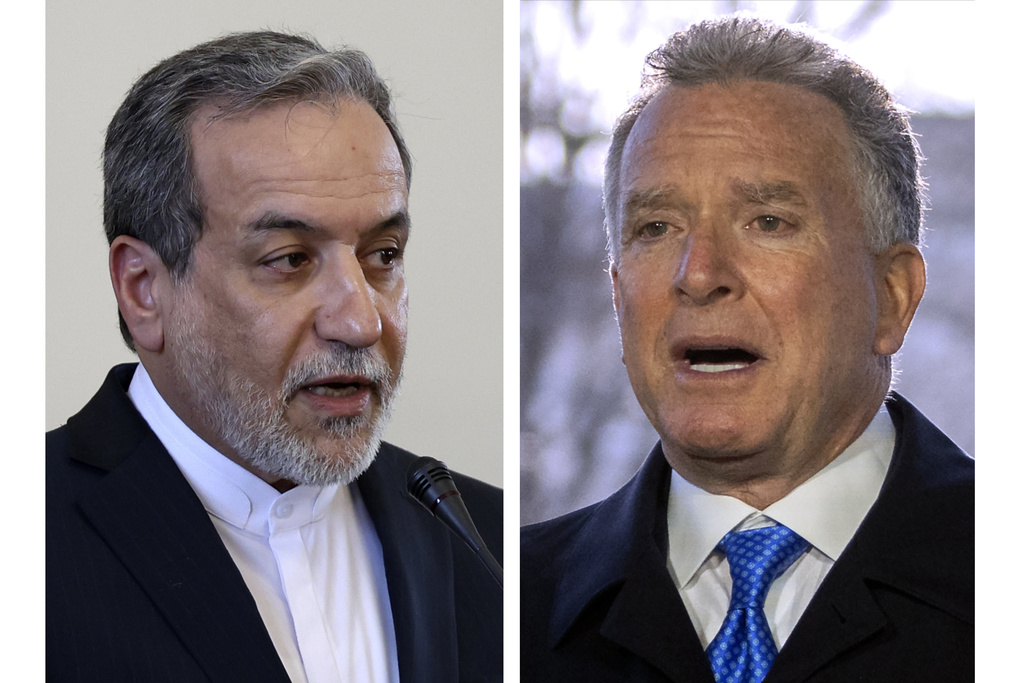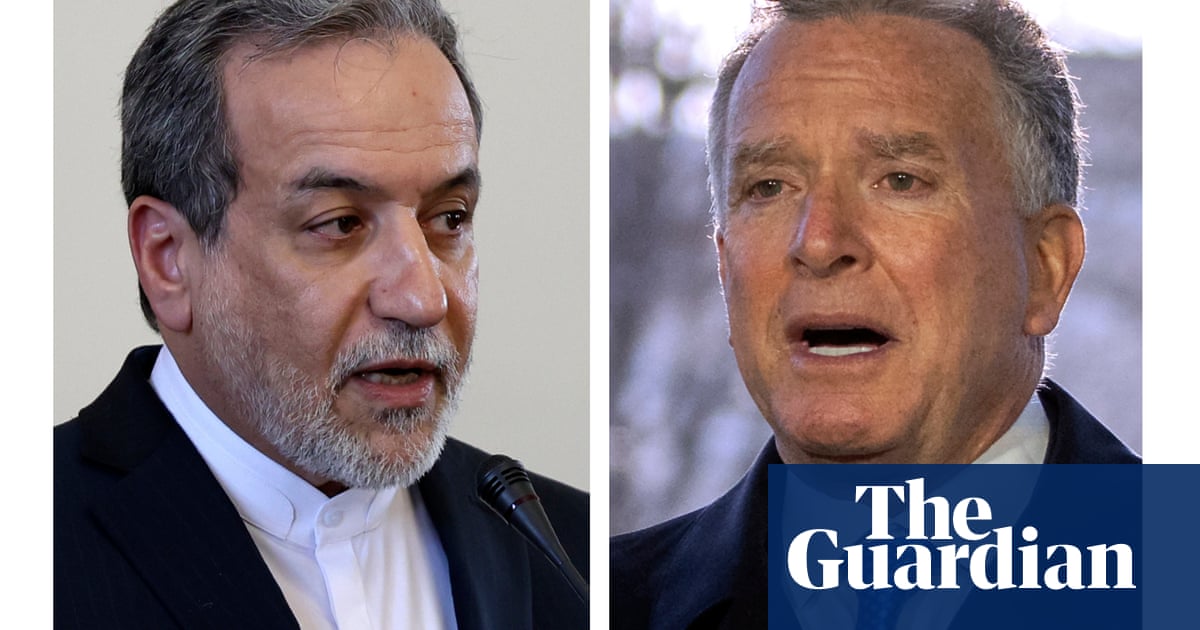U.S.-Iran Nuclear Talks Planned Amid Rising Regional Tensions
The U.S. and Iran prepare for indirect nuclear discussions in Oman, amid skepticism from Israeli leaders and military tensions over Iran's nuclear progress.
Subscribe to unlock this story
We really don't like cutting you off, but you've reached your monthly limit. At just $5/month, subscriptions are how we keep this project going. Start your free 7-day trial today!
Get StartedHave an account? Sign in
Overview
The U.S. and Iran are preparing for indirect nuclear negotiations in Oman, following President Trump's announcement that talks will occur this Saturday. Trump warned that Iran faces 'great danger' if they fail. Meanwhile, Netanyahu's recent visit to Washington yielded little satisfaction, with Trump rejecting demands on tariffs and urging moderation towards Turkey amidst rising tensions in Gaza. Iran, while signaling interest in engaging, remains suspicious of U.S. intentions. The backdrop includes growing Iranian uranium enrichment, now nearing weapons-grade thresholds, and continued Israeli strikes on Iranian assets, complicating diplomatic efforts.
Report issue

Read both sides in 5 minutes each day
Analysis
- Iran's foreign minister indicates the U.S. negotiations will be indirect, despite Trump's claim of direct talks, highlighting the complexity of the diplomatic efforts after years of sanctions and heightened tensions.
- Iran’s nuclear program is advancing rapidly, with uranium enrichment at 60% purity, raising concerns of a possible nuclear weapons capability, while both U.S. and Israel threaten military action against Iran.
- The Iranian economy is showing signs of recovery amid negotiations, with the rial rebounding against the dollar, suggesting that economic factors are a significant part of the discussions.
Articles (10)
Center (2)
FAQ
The primary goal of these talks is to address Iran's nuclear program and prevent it from developing nuclear weapons, with the U.S. seeking a deal to limit Iran's enrichment activities, while Iran aims for sanctions relief.
Iran prefers indirect talks due to mistrust stemming from past U.S. actions, such as withdrawing from the 2015 nuclear deal. They believe indirect talks provide a safer channel for negotiations under current geopolitical tensions.
The success of these talks could ease tensions by preventing Iran from advancing its nuclear program, thus avoiding potential military action from Israel or the U.S. Failure could escalate tensions, with both sides issuing threats and warnings.
History
- 7M

 3 articles
3 articles







